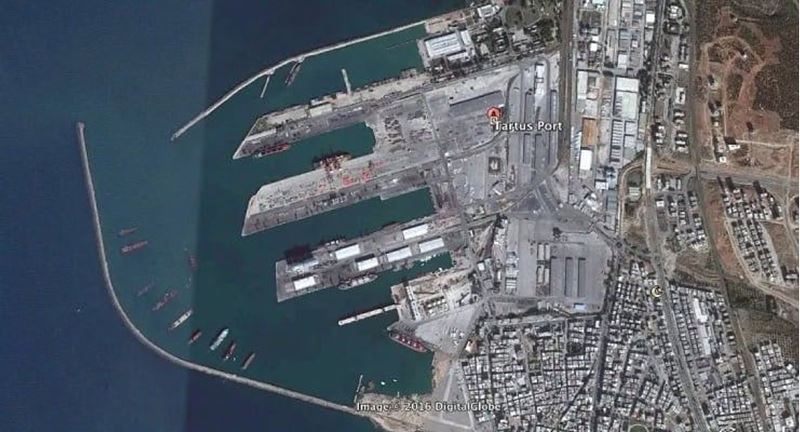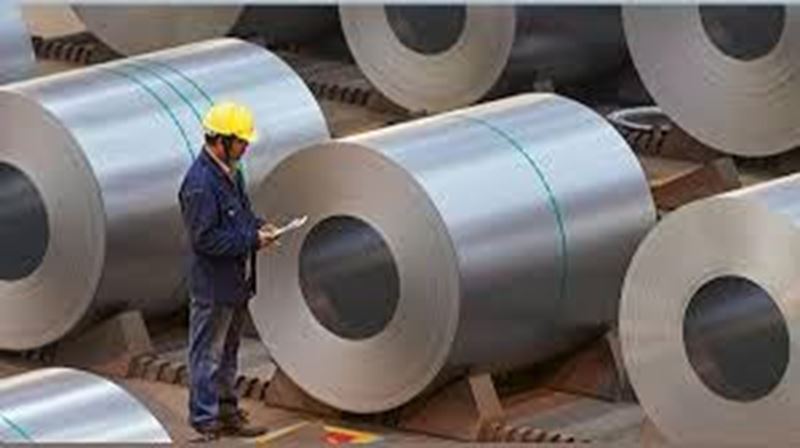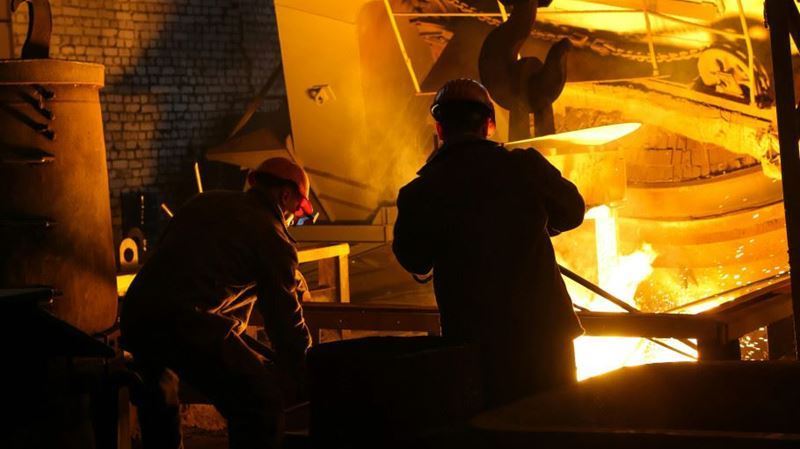In a statement issued in Brussels, the European Automobile Manufacturers’ Association (ACEA) said that automotive producers have already devoted significant resources to CBAM reporting and are preparing to fully comply once the mechanism enters into force. However, the association warned that with CBAM charges due to apply from January 2026, many critical implementation details remain unknown, creating growing concern across the sector.
According to ACEA, the automotive industry is among the sectors most affected by CBAM. European manufacturers import large volumes of steel and aluminium, and accurate reporting of embedded carbon emissions in these materials is essential for the mechanism’s proper functioning.
ACEA underlined that the European Commission has yet to publish guidance on key elements such as emission calculation methodologies, default values, the sale and repurchase of CBAM certificates, and the role of accredited verifiers.
ACEA Director General Sigrid de Vries stated: “Automakers are committed to making CBAM work and have already invested heavily in compliance operations. But the fact that such critical aspects remain unclear makes a smooth implementation on 1 January 2026 almost impossible. The Commission must urgently publish the missing texts and provide flexibility for businesses in the coming year.”










Comments
No comment yet.